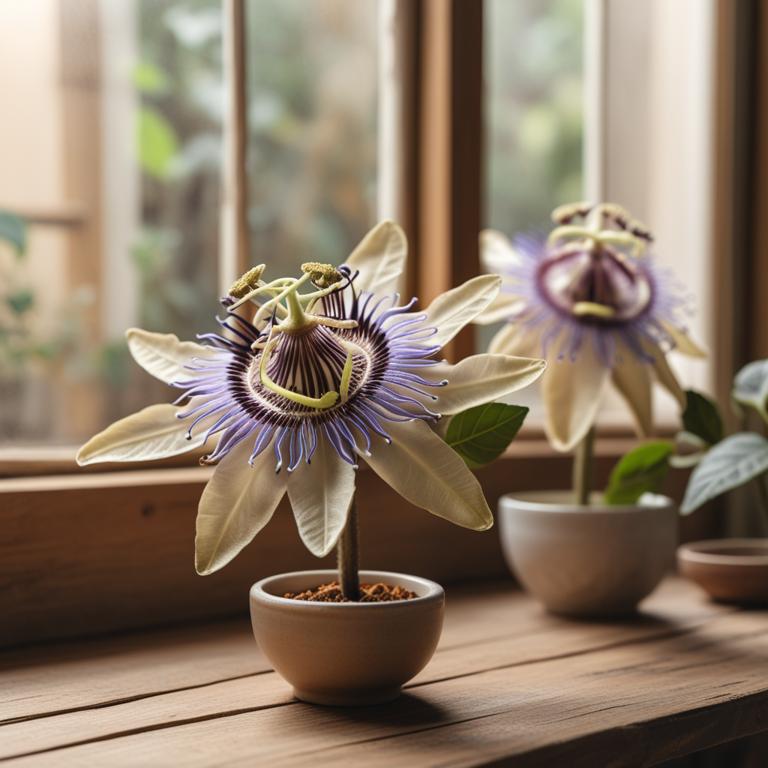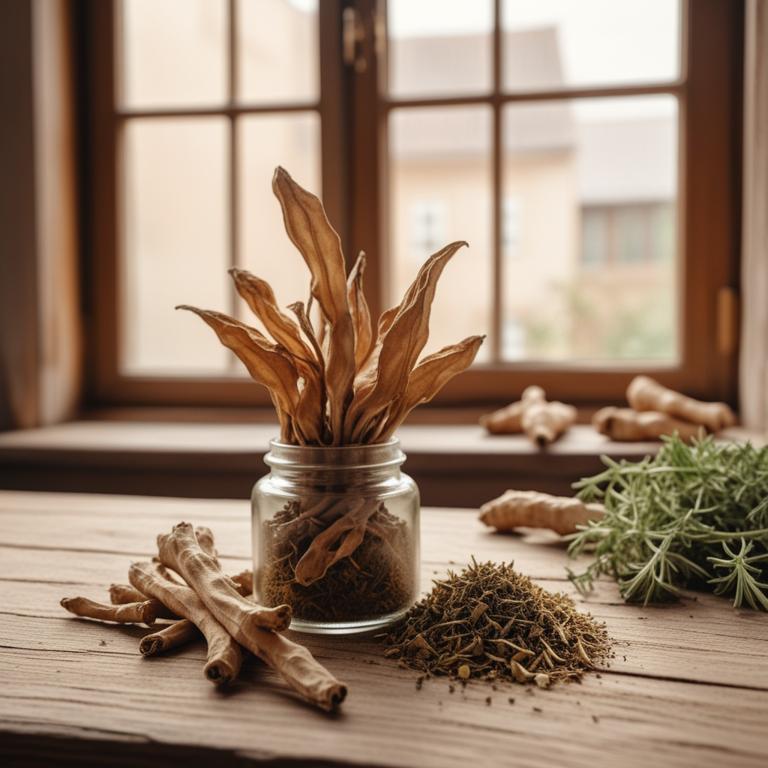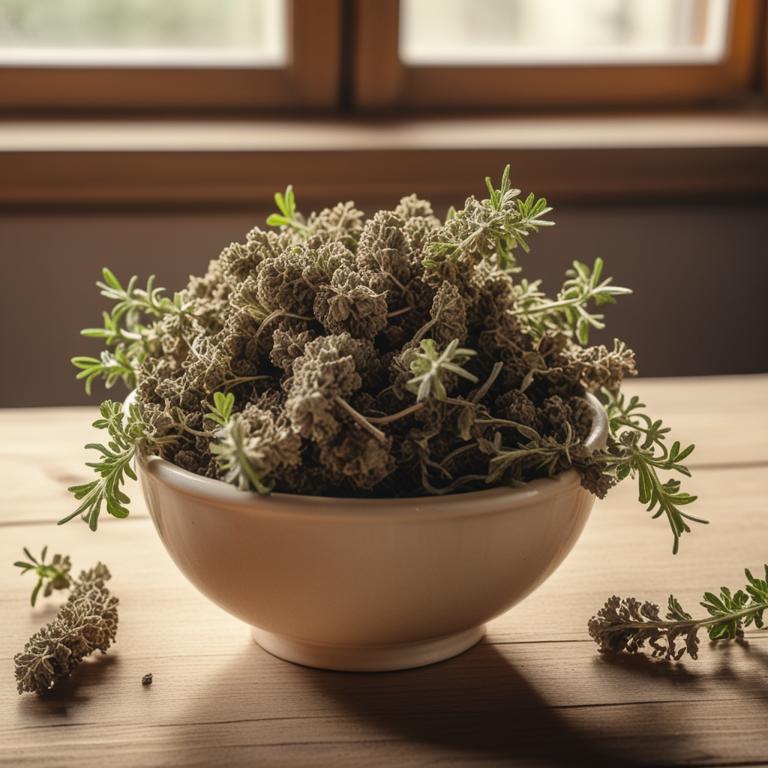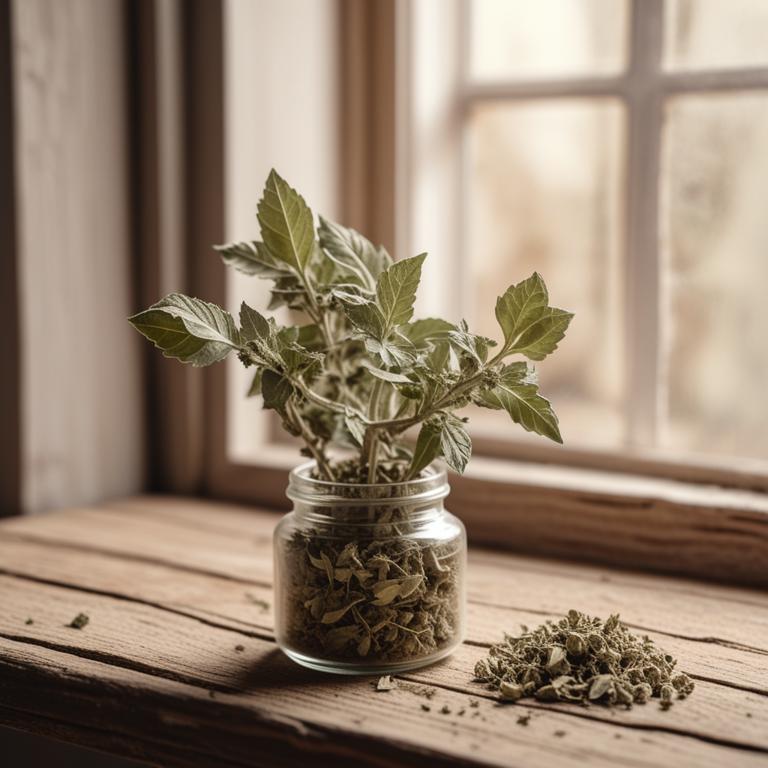Updated: Dec 1, 2024
The Role of Medicinal Herbs in Neuritis Prevention and Treatment
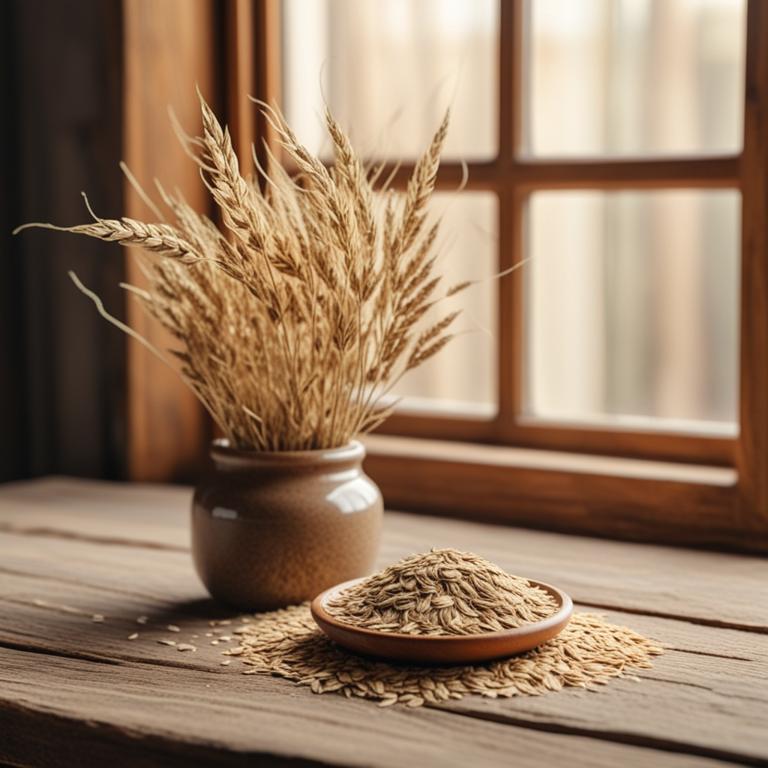
Neuritis is a painful condition that affects the nerves, causing numbness, tingling, and weakness in the hands and feet.
It can make everyday activities like dressing, cooking, and even walking a challenge. When you have neuritis, you might feel like you're losing control over your body. Neuritis is often caused by inflammation, which can be triggered by a viral infection, a bacterial infection, or even a nutritional deficiency. In some cases, it can be a side effect of certain medications. To treat neuritis, herbal remedies can be very helpful.
Herbs like ginger, turmeric, and ashwagandha have anti-inflammatory properties that can reduce swelling and ease pain. These herbs can also help to calm the nervous system and promote healing. You can use these herbs in different ways to get relief from neuritis. You can make a warm tea with ginger and turmeric to soothe your nerves and reduce pain. Ashwagandha can be taken as a supplement to help your body recover from the inflammation. You can also apply a topical cream or oil infused with these herbs directly to the affected area to get quick relief.
By using these herbal remedies, you can start to feel better and take back control of your life.
Table of Contents
What are the underlying factors that lead to neuritis?
The main causes of neuritis are related to nutritional deficiencies and infections.
One of the main causes is a B12 deficiency, which is a lack of vitamin B12 in the body. This vitamin is essential for the health of the nervous system, and a deficiency can lead to neuritis. Vitamin B12 deficiency can be caused by a diet lacking in animal products, such as meat, fish, and dairy, or by certain medical conditions. Another cause of neuritis is a Vitamin B6 deficiency, which is a lack of vitamin B6 in the body. Like vitamin B12, vitamin B6 is also essential for the health of the nervous system. A deficiency in vitamin B6 can be caused by a diet lacking in certain foods, such as bananas, potatoes, and chicken.
Thiamine, or vitamin B1, is also important for the health of the nervous system. A thiamine deficiency can cause neuritis, and it is often seen in people who have a diet lacking in whole grains, such as brown rice and whole wheat bread. Lyme disease is another cause of neuritis. It is an infection caused by a bacteria called Borrelia burgdorferi, which is spread by ticks. If left untreated, Lyme disease can cause neuritis, which is inflammation of the nerves. Neuritis caused by Lyme disease can lead to symptoms such as numbness, tingling, and pain in the affected area. It's worth noting that these causes can also be linked to other conditions and factors, such as autoimmune disorders, certain medications, and even genetics.
However, in many cases, identifying and addressing the underlying cause of neuritis can help alleviate symptoms and promote recovery.
Can herbs provide any advantages when treating neuritis?
Using herbs for neuritis can bring many benefits.
One major advantage is that they can help reduce inflammation and pain in the nerves, which is a common symptom of neuritis. These herbs can also improve circulation and increase oxygen flow to the nerves, promoting healing and recovery.
Additionally, they can have an anticonvulsant effect, which can help control seizures and spasms associated with neuritis. Furthermore, some herbs have antioxidant properties, which can help protect the nerves from damage caused by free radicals. Herbs can also be used to address underlying issues such as stress and fatigue, which can contribute to the development of neuritis.
They can help calm the mind and body, promoting a sense of relaxation and well-being.
What are the main medicinal herbs used to combat neuritis?

Herbs can be a great natural remedy for neuritis, a condition that affects the nerves.
One such herb is Ginkgo biloba, which is known to improve blood flow to the brain and nerves. This helps to reduce inflammation and promote healing in the affected areas. Zingiber officinale, or ginger, is another herb that's beneficial for neuritis. Its anti-inflammatory properties help to reduce pain and swelling in the nerves. Ginger also has a warming effect, which can help to increase blood flow and promote healing.
Panax ginseng is an adaptogenic herb that helps the body to cope with stress and promotes overall well-being. Stress is a common trigger for neuritis, so using ginseng can be a great way to manage symptoms. Curcuma longa, or turmeric, is a powerful anti-inflammatory herb that contains a compound called curcumin. This compound has potent anti-inflammatory properties that can help to reduce pain and swelling in the nerves. Valeriana officinalis, or valerian root, is a natural relaxant that can help to reduce stress and promote relaxation.
This can be particularly helpful for people with neuritis, as stress can exacerbate symptoms.
What herbal supplements are commonly used to alleviate neuritis?

Herbal preparations can be very helpful for neuritis, a condition that affects the nerves.
A decoction is a strong liquid made by boiling herbs in water, and it's great for neuritis because the boiling process releases powerful chemicals that can help reduce inflammation and pain. For example, a decoction of ginger and turmeric can help ease the pain and discomfort of neuritis. A tincture is a concentrated liquid made by mixing herbs with a solvent like alcohol, and it's also good for neuritis because it can be easily absorbed by the body. Tinctures can be taken sublingually (under the tongue), which helps them work quickly to reduce pain and inflammation.
An infusion is a weak liquid made by steeping herbs in hot water, and it's good for neuritis because it can help soothe and calm the nerves. For example, a chamomile infusion can help reduce anxiety and stress, which can contribute to neuritis. Herbal capsules are also a good way to take herbs for neuritis. Capsules contain a concentrated dose of herbs that can be easily absorbed by the body, and they're often more convenient than taking loose herbs. Finally, herbal tea can be a great way to relax and reduce stress, which can help alleviate neuritis symptoms.
Herbal teas can be made with a variety of herbs, such as peppermint, lavender, and passionflower, and they can be enjoyed hot or cold.
Additional Resources:
What herbs should be avoided when experiencing neuritis?
If you have neuritis, it's best to be careful with certain herbs that could make your condition worse.
Taxus baccata, also known as yew, is toxic and can cause nerve damage. Its chemicals can harm your nerves even more, making your neuritis symptoms worse. Hyoscyamus niger, or henbane, contains powerful chemicals that can affect your nervous system and make your neuritis symptoms more severe. It can also cause other problems like confusion, hallucinations, and rapid heartbeat. Aristolochia clematitis, or birthwort, is another herb to be cautious of.
It can cause damage to your kidneys and worsen your neuritis symptoms. Datura stramonium, or jimsonweed, is highly toxic and can cause confusion, hallucinations, and rapid heartbeat. Its chemicals can also affect your nervous system and make your neuritis symptoms worse. Ephedra sinica, or Chinese ephedra, contains chemicals that can cause problems like high blood pressure, heart palpitations, and even heart attacks. These effects can worsen your neuritis symptoms and make your condition more difficult to manage.
It's best to avoid these herbs if you have neuritis and to consult with a healthcare professional before using any herbal remedies.
FAQ
Are there any specific herbs that can prevent neuritis?
Some herbs like ginkgo biloba and passionflower may help prevent neuritis due to their anti-inflammatory properties.
Ginkgo biloba improves blood flow to the nerves, while passionflower calms nerve inflammation.
These herbs can be found in supplement form or used as teas, but it's essential to consume them in moderation.
Is it safe to use herbal remedies for neuritis during pregnancy?
Using herbal remedies for neuritis during pregnancy can be a concern.
Some herbs, like ginkgo biloba, may stimulate the uterus and cause problems. Others, like feverfew, may affect blood clotting. It's best to know what you're taking and how it might affect you or your baby.
Be cautious and do some research before trying any herbal remedies.
Are there any herbs that can reduce the frequency of neuritis?
Ginger has been found to have anti-inflammatory properties, which may help reduce the frequency of neuritis.
Turmeric also contains a compound called curcumin that has similar effects. These herbs may help alleviate symptoms and potentially prevent neuritis attacks.
Some people find that taking them regularly helps manage their condition.
Related Articles
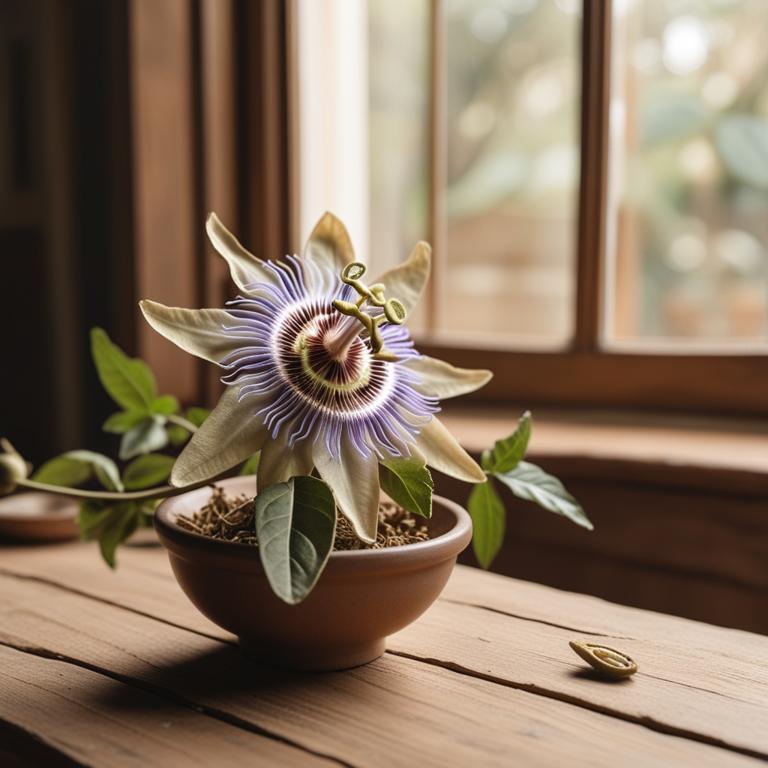
The Causes of Grief: Finding Relief with Medicinal Herbs
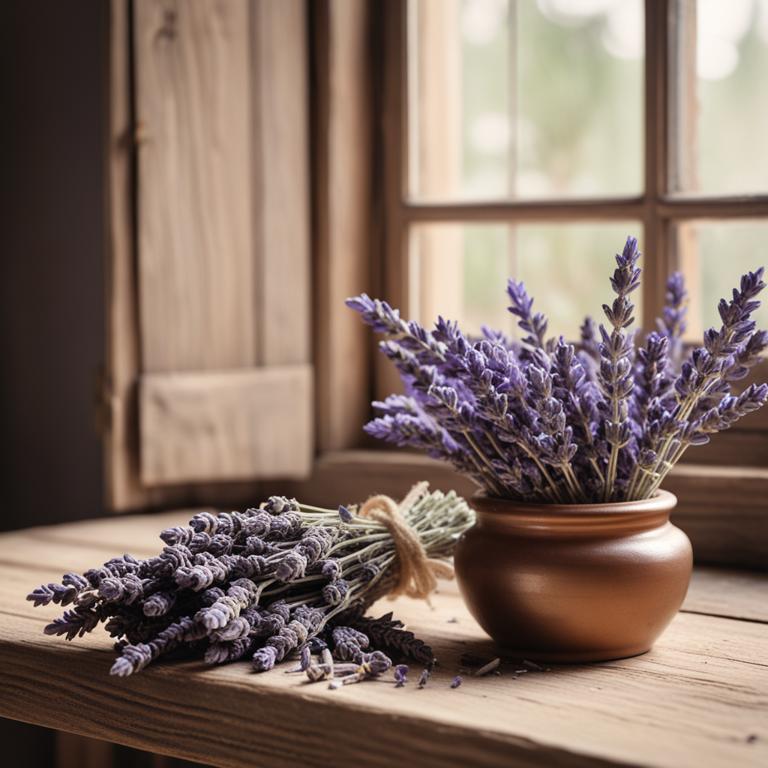
Eye Twitching and the Power of Medicinal Herbs and Herbal Preparations
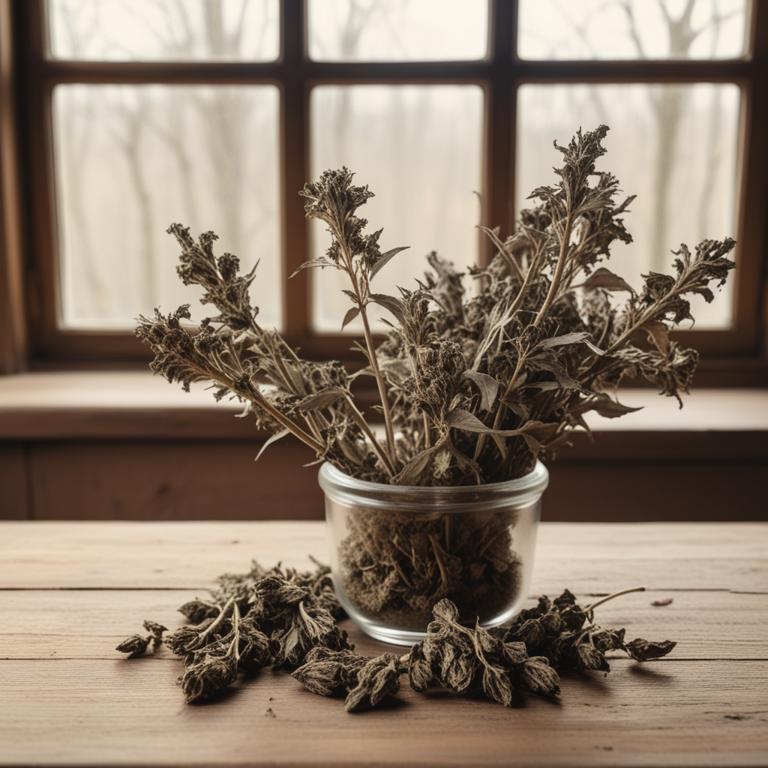
Taste Loss: Causes, Medicinal Herbs, and Herbal Preparations for Prevention
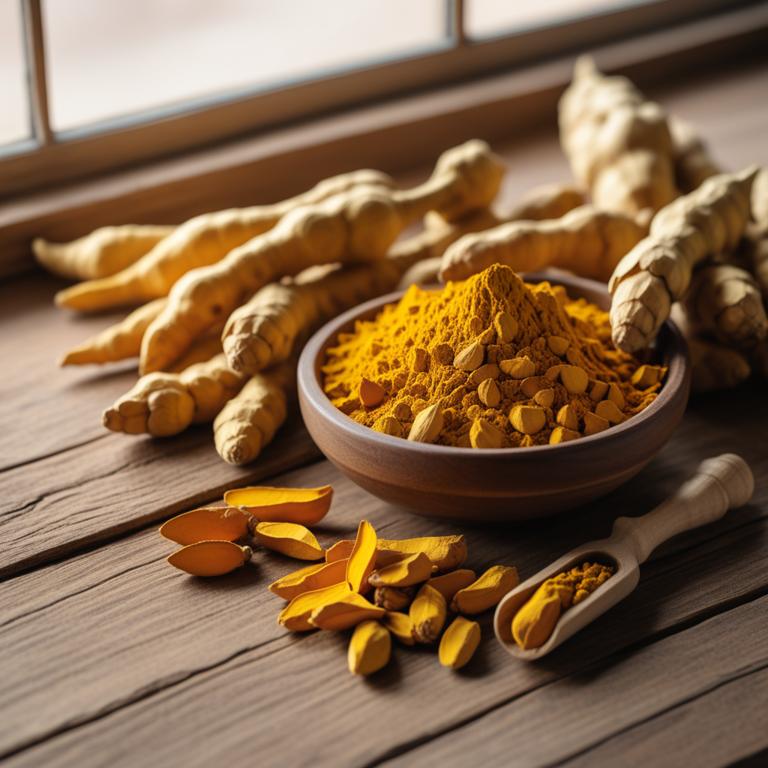
The Role of Medicinal Herbs and Herbal Preparations in Enhancing Postoperative Recovery
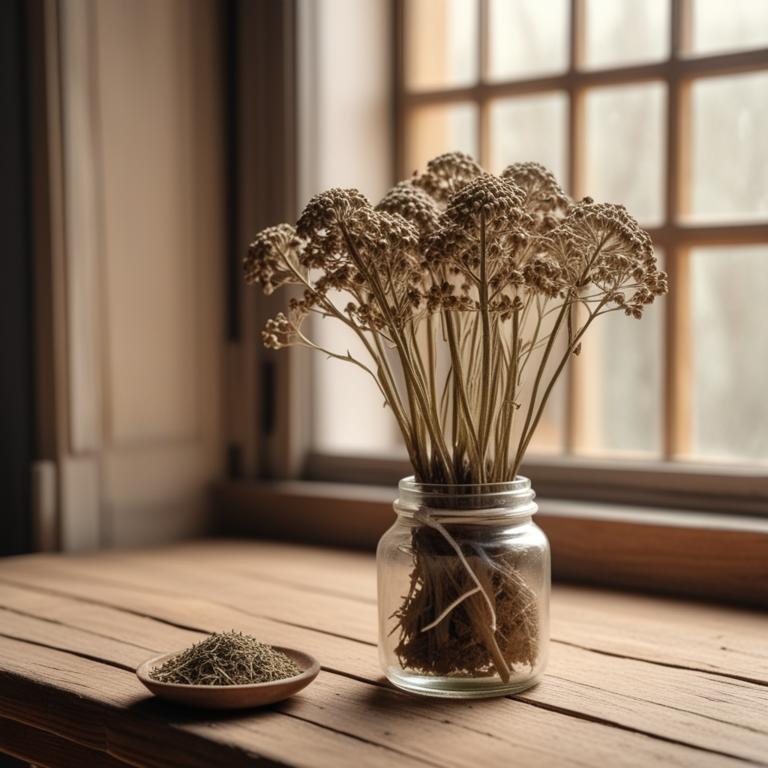
Breaking Down Depression: Causes, Symptoms, and Herbal Remedies
